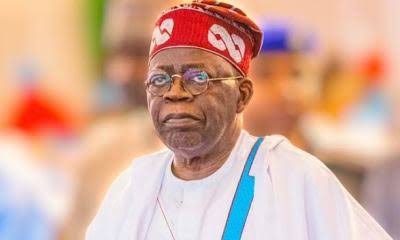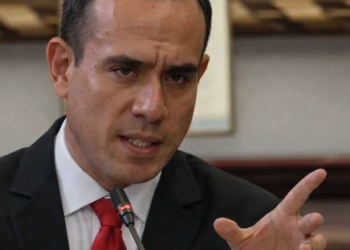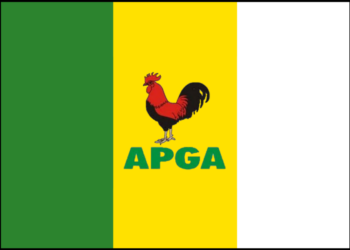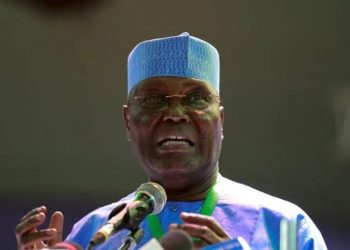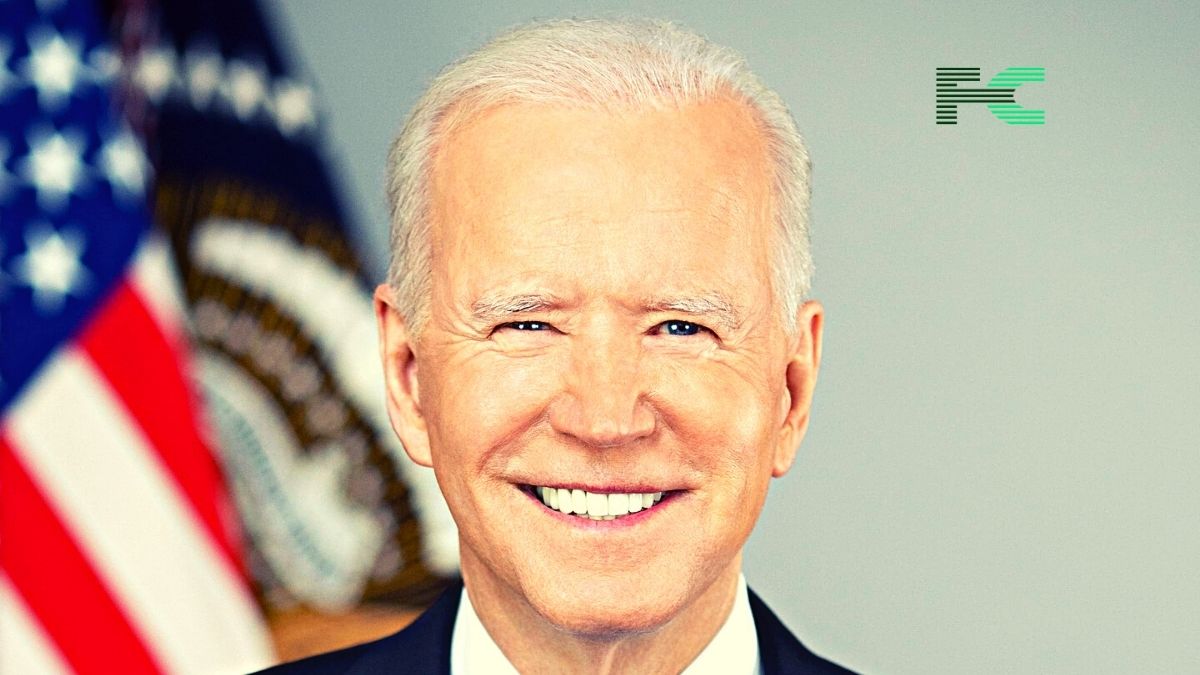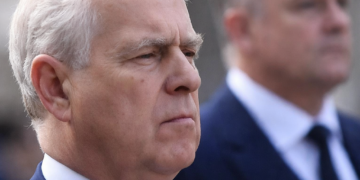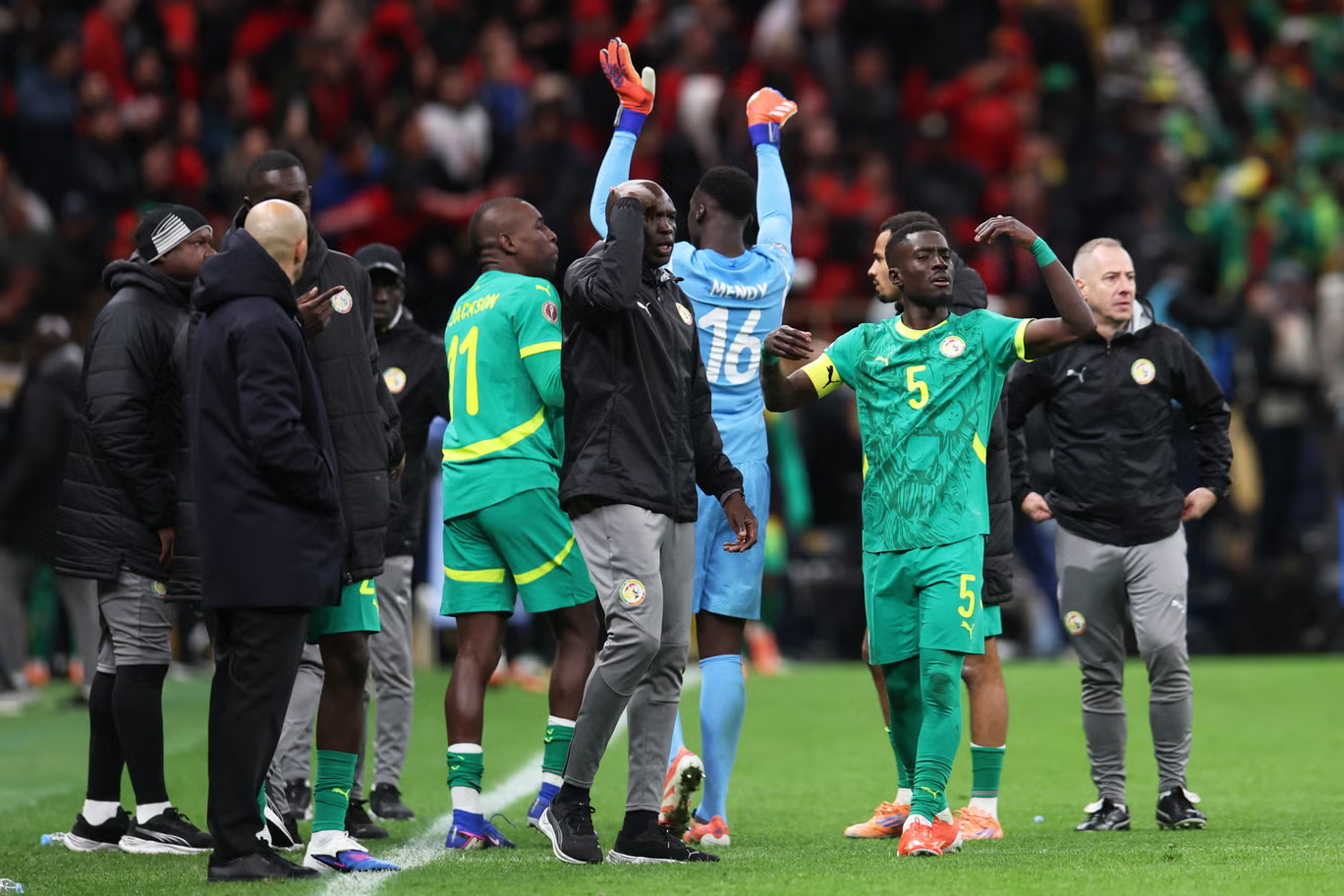Nigeria’s political landscape has always been far from perfect, marked by corruption, misappropriation of public funds, and electoral rigging. However, there is one particular feature that has not been part of our political system until now. This feature which has only been recounted during government classes for the younger generation as a key feature of the Nigerian military era is now making a resurgence- the government’s bold disregard for constitutional rights and aggressive moves to silence dissent.
With the new administration in power, a troubling narrative is emerging: a growing trend of intimidation aimed at stifling opposition. Recent incidents suggest that those who speak out against the government are met with harsh penalties, often on flimsy grounds, as a way to intimidate others into silence.
The “End Bad Governance” Campaign
One of the more visible acts of dissent against the government came in the form of the “End Bad Governance” campaign, a movement that saw modest turnouts in most states but sizable demonstrations in key regions like Abuja. In these areas, protesters were met with a heavy-handed response from government security forces, who were deployed to quell the protests and intimidate participants.
The aftermath of these protests has been even more concerning. Many participants are now facing criminal trials on charges of treason, an accusation that clearly is a sham to cover up the government’s real motive
Court trials have become a tactic to silence opposition, as the charges seem baseless, and those involved are likely to face harsh sentences for the simple act of voicing discontent.
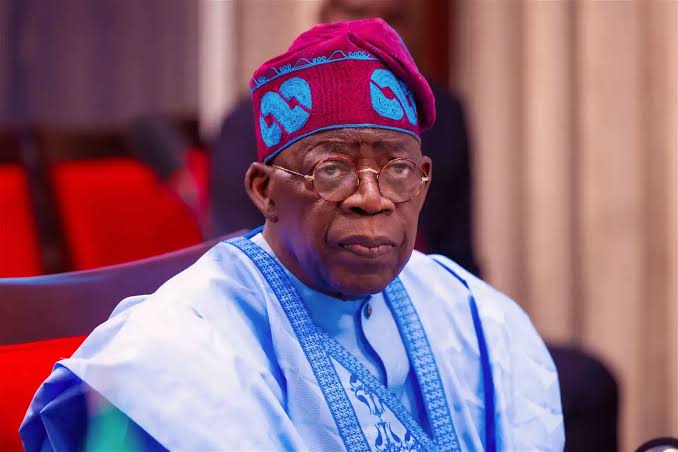
A Government Thriving on Intimidation
The current administration appears to be relying on a strategy of intimidation to maintain control, using arrests and legal threats to suppress dissent. A recent example is the arrest of the Nigeria Labour Congress (NLC) president, who has been at the forefront of battles with the federal government over issues like the minimum wage and fuel prices. The minimum wage was eventually set at 70,000 naira, but only on the condition that the prices of essential commodities and fuel would remain fair.
The NLC president, a vocal critic of the government, also played a prominent role during the “End Bad Governance” campaign. Shortly after this, allegations surfaced accusing him and the NLC of funding terrorism and engaging in cybercrime—a move that has been widely perceived as politically motivated.
Just as the NLC began protesting the latest petrol price hike, the Department of State Services (DSS) arrested the president under unclear circumstances. The timing has raised serious concerns that the government is using its security apparatus to silence dissenters.
The DSS and the SERAP Raid
The crackdown on dissent escalated further when the DSS raided the Abuja office of the Socio-Economic Rights and Accountability Project (SERAP). This human rights organization has been outspoken in its criticism of the government. The invasion of SERAP’s office, as condemned by Amnesty International, raises serious concerns about the state of human rights in Nigeria. Amnesty International issued a statement denouncing the government’s actions, saying:
“The invasion of SERAP’s office by the DSS sends a chilling signal and prevents human rights organizations from carrying out their essential work to promote and protect human rights and accountability in the country.”
The organization further called on the Nigerian government to uphold its constitutional and international human rights obligations, particularly concerning freedom of expression and association.
A Dark Turn for Nigeria?
These developments paint a bleak picture of Nigeria’s political climate. The clampdown on protestors, the targeting of opposition figures, and the raids on human rights organizations all suggest that the current government is willing to go to extreme lengths to stifle dissent.
This has sparked widespread fear among Nigerians, who now face rising insecurity, a steep cost of living, increased poverty, and, most alarmingly, the erosion of their right to criticize the government.
The Road Ahead
As Nigeria faces these challenges, the big question remains: What have Nigerians gotten themselves into? The country is grappling with multiple crises, including economic hardship and growing political repression. The future for Nigerians remains uncertain, one can only wonder what else lies in the wait for Nigeria under this present administration?

